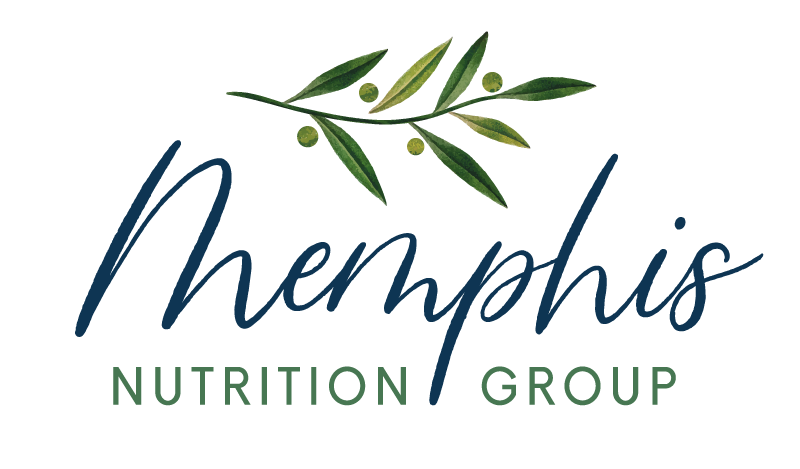Define Your Diet
The word diet has 2 different meanings.
By one definition, seemingly most followed by today’s culture, diet is “a special course of food to which one restricts oneself.” When it comes to this definition of diet, the words on the street are endless: “Drink this!” “Take that!” “Don’t eat this!” “Complete this challenge!” The list goes on…
Here are the facts: 95% of diets fail, and most will regain their lost weight (or more) in 1-5 years. Dieting, A.K.A. the pursuit of weight loss, is ironically one of the top predictors of future weight gain. If you were given a prescription with a 95% failure rate, would you take that medication? Yet the diet industry tops $60 billion dollars per year, thriving from promising more than it can deliver in terms of weight loss or management. Instead, the diet industry thrives on doing just enough to keep people coming back again and again.
Sure, dieting may lead to temporary weight loss. It also leads to increased risk of poor body image, overeating, binging, and eating disorders. Dieting slows metabolism, causing the body to become more efficient with less food. Additionally, any form of restriction can have emotional and physical consequences not limited to depression, fatigue, weakness, social withdrawal, and irritability. As the Snickers commercials say, “You’re not you when you’re hungry.” So why pay big bucks for temporary weight loss with awful side effects?
Many people feel completely overwhelmed and thoroughly confused by all of the mixed messages and misinformation about nutrition. Sadly, the diet industry tricks people into overriding their body’s internal regulation system leading to disconnect and distrust in their natural ability to eat nutritious food when hungry and stop when full. Feeling as though they’ve tried and failed at it all, they hit diet rock bottom.
Fortunately, there’s a pleasant alternative to that first definition of diet. Diet can also mean “the kinds of foods that a person habitually eats.” A diet doesn’t need to be something a person goes on and off of. There need not be a start and endpoint. Intuitive Eating, a process-based approach to developing a healthy relationship with food, mind, and body, aligns with this definition and has over 70 studies to date citing positive outcomes including greater sense of wellbeing, better glycemic control, decreased BMI, lower risk of chronic disease, and decreased overeating. Intuitive Eating allows people to make food choices that honor their health and taste buds. All foods can fit into a healthy lifestyle provided individuals eat with attunement, noticing the various aspects of how one feels before, during, after eating.
We all have a diet. How is yours best defined? Does your definition require manipulation, elimination, deprivation, and rules or does it allow mindfulness, pleasure, variety, freedom, and attunement when eating? It’s never too late to abandon diets consisting of rigid rules about which foods to restrict and to begin viewing diet as a collection of healthy, whole, and satisfying foods.
If you liked this post, you may also like:

